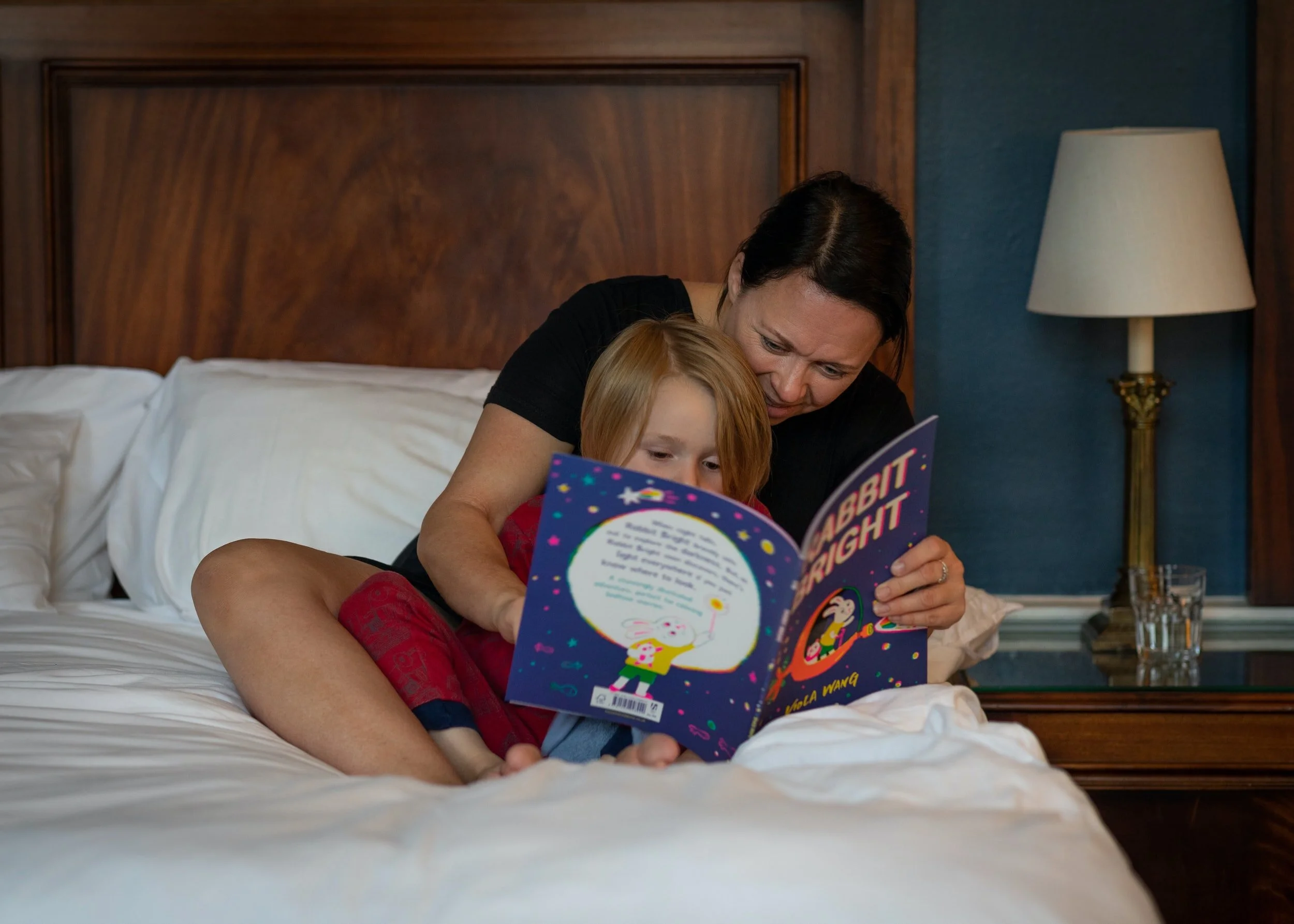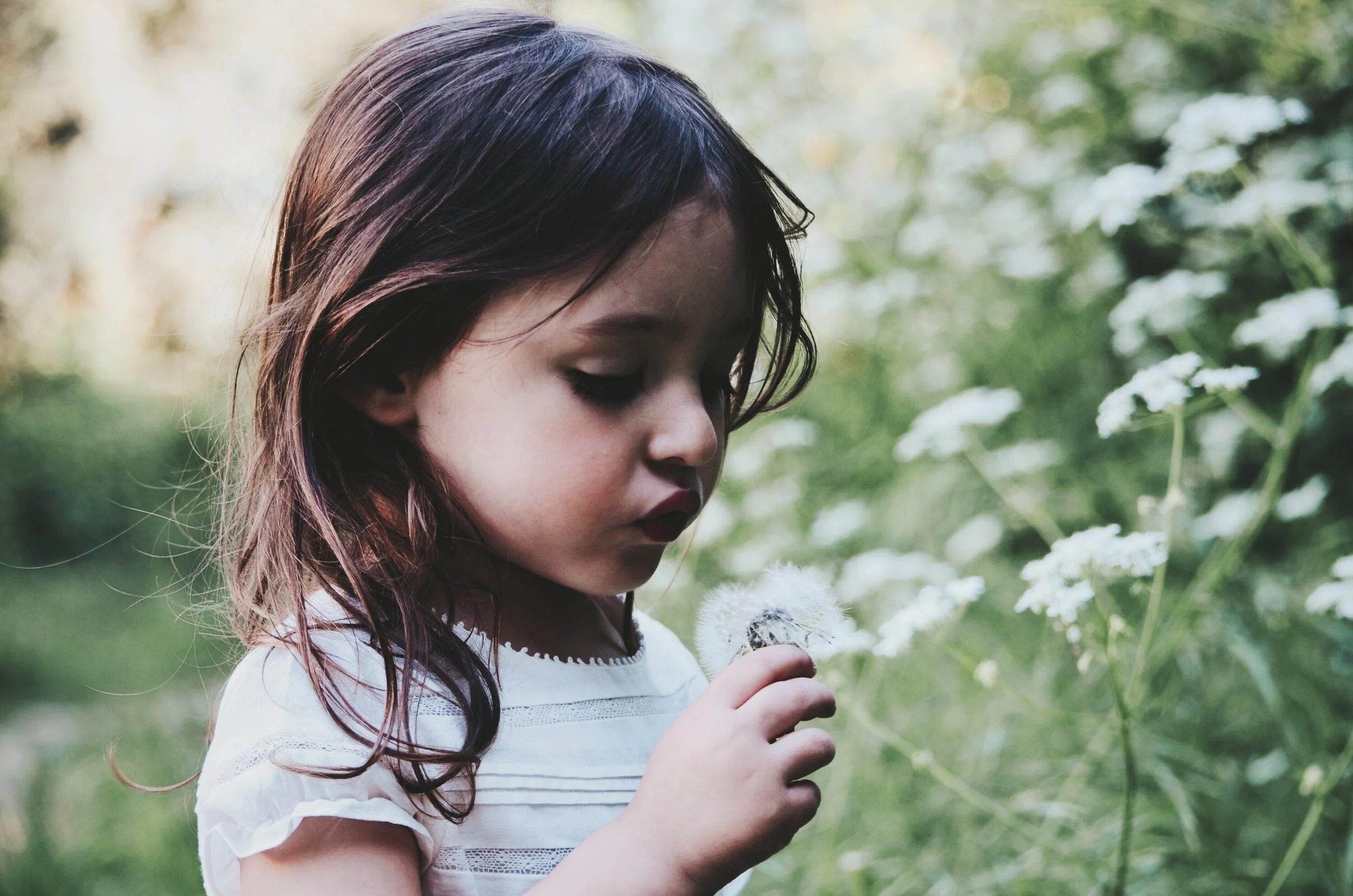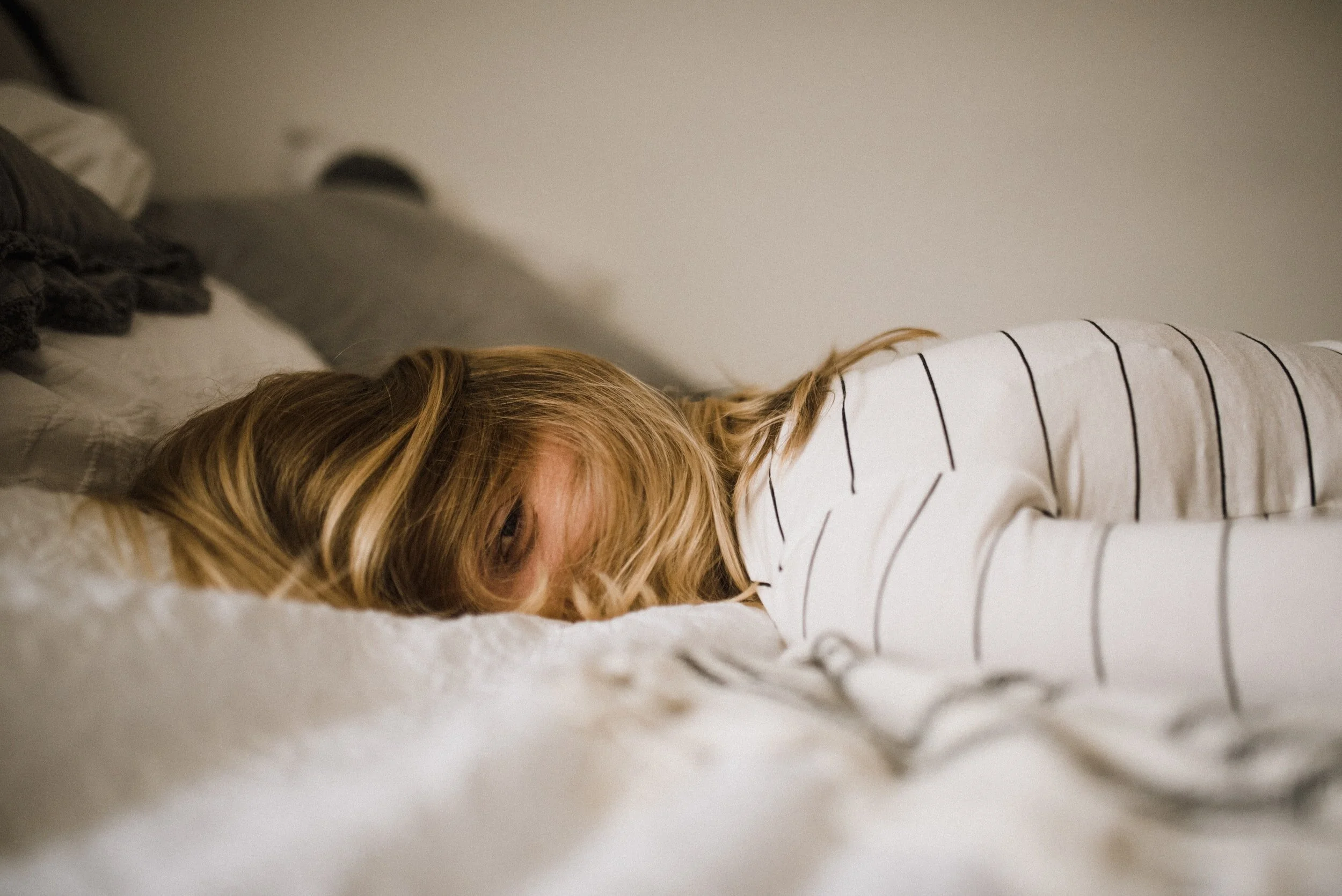If you’ve been spending what feels like an overwhelming amount of time talking through your child’s worries, you might be wondering about Generalized Anxiety Disorder. It’s a pretty common mental health disorder, but it can sometimes be tricky to spot. Unlike other forms of anxiety, kids with generalized anxiety aren’t dealing with one specific fear. Instead, many day-to-day events can be the source of their worries. Today I’ll be writing about the signs and symptoms of Generalized Anxiety Disorder (GAD), and how you can help your child with anxiety.
When Does Worrying Become a Problem?
As uncomfortable as it feels, anxiety is a healthy emotion to have. If we never felt anxious, we’d have no inner voice letting us know when a situation is potentially dangerous. Kids are still learning about the world, so it makes sense that they’d be on high alert in new situations. It’s totally normal, age-appropriate, and even healthy for kids to worry sometimes.
Very young children usually worry about being away from their parents. By preschool, fears of animals, monsters, and the dark become more common. Grade schoolers often worry about more complex, “real world” fears like germs, serious illness, natural disasters, and kidnapping.
Kids with generalized anxiety worry about these common topics, too, but the nature of their worrying is different. While many kids might focus on a single worry for a few weeks or months and eventually move on, kids with GAD seemingly worry about everything.
They have a laundry list of worries, both big and small. Parents of kids with GAD may notice that their child’s stress level seems out of proportion to the actual situation, and it’s hard get that stress under control. The worry these kids experience is so intense that it affects their sleep, and can even lead to physical problems like tension headaches and fatigue.
Symptoms of Generalized Anxiety Disorder
Therapists use specific criteria to diagnose mental health problems like anxiety and depression. Here are the symptoms we look for when diagnosing Generalized Anxiety Disorder:
Excessive worrying and anxiety about a variety of topics, events, or activities. The worrying has to happen most days, and last at least 6 months.
The worries are very difficult to control—the child can’t easily shift away from them.
The anxiety affects the child physically or mentally in at least one of the following ways:
Feeling on edge
Fatigue
Trouble concentrating
Irritability
Body aches, or muscle tension
Problems falling or staying asleep
The anxiety (or the physical and mental problems it causes) get in the way of a child’s day-to-day life, and make it harder to participate in activities at school or home.
There isn’t a more obvious reason for the worrying, such as a recent trauma.
Signs of Generalized Anxiety Disorder in Children
Here are a few more signs that might suggest generalized anxiety is to blame for your child’s worries. If your child is struggling with GAD, you might notice:
A lot of time spent worrying about things that could happen in the future, whether or not they seem very likely to happen.
Frequent complaints of headaches, tummy troubles, or other problems that don’t seem to have a medical cause.
Your child seems to worry more often and more intensely than other kids of the same age, and has a harder time setting his worries aside.
As soon as one worry gets resolved, another seems to rise up to take its place. The worries shift rapidly from topic to topic.
Your child is extremely worried about bad things happening to herself or to you, even if you’ve never been in a dangerous situation before.
Mildly stressful events at school cause major anxiety, for example, a test, big project, or a competitive game.
How Parents Can Help Kids with Generalized Anxiety
Kids who have generalized anxiety need help to relax, so they can ease their muscle tension and sleep more peacefully. Parents can help their kids develop healthy coping skills to relax the body and mind, like mindfulness, deep breathing, and progressive muscle relaxation. Trying one of these skills out one time might help a little bit, but kids with GAD will likely need daily practice in order to see results.
We know that sleep has a big impact on mental health, and sleep-deprived kids (and adults) are more prone to anxiety and depression. Kids with generalized anxiety can fall into a vicious cycle, where the anxiety causes poor sleep, and the poor sleep causes even more anxiety. Using relaxation skills at bedtime can help kids get in the right mindset to drift off—muscle relaxation and guided visualizations are especially helpful for this.
These skills will be even more helpful if they’re part of a “settling routine”: a simple ritual you and your child share each night. The repetition of the same routine sends a signal to your child’s brain that it’s time to unwind and go to bed.
Start Child Counseling in New York, North Carolina, or Florida
So, you’re noticing some signs of generalized anxiety in your child…where do you start looking for help? For some fast relief while you’re looking for a therapist or considering next steps, consider teaching your child some coping skills to deal with anxiety. My online course, Worry-Free Tweens, was designed especially for kids ages 8-12 and their parents. In it, you’ll find step-by-step directions for both you and your child on how to manage anxiety, panic, and overwhelming worries at home.
Kids who have been anxious for a long time may need more than a few coping skills to get back on track. Counseling can help kids stop the endless cycle of worry and learn to feel more in control of anxious thoughts. Younger children can work through their fears and practice coping skills through Play Therapy, while older kids can develop lifelong tools for anxiety management with Cognitive Behavioral Therapy.
I love working with anxious kids and tweens in my Davidson, NC office. Not within driving distance? I also provide online counseling services, and can see kids in New York and Florida remotely, too. If you’d like to get started, or you have any questions, feel free to reach out to me here.









